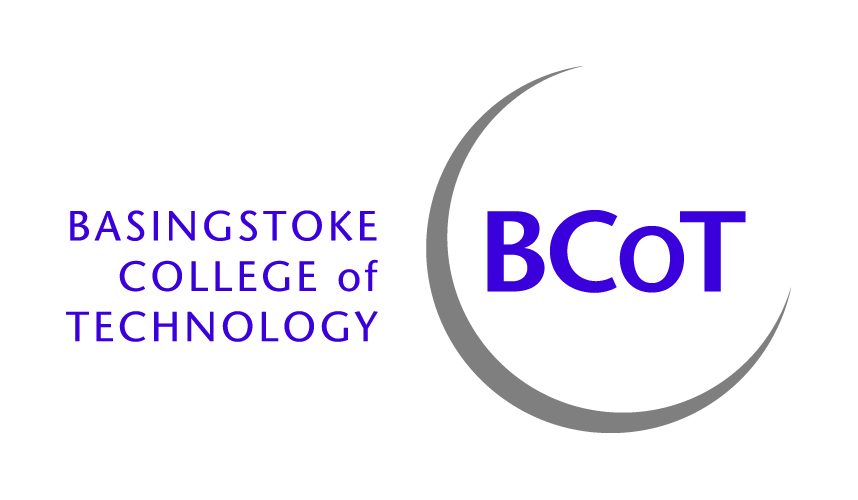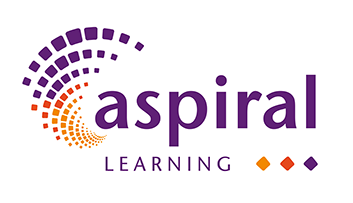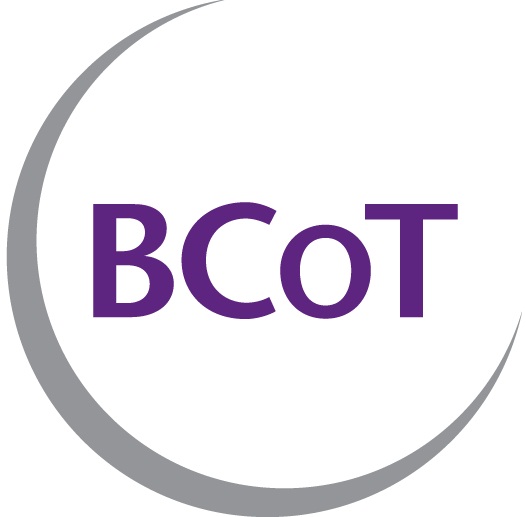BCoT is one of the largest providers of apprenticeships in the region. We work with both large and small employers across all industry sectors to give you the best career opportunities. Apprenticeships are growing fast and we are often asked similar questions in regard to this learning pathway. Please see the sections below to find out more information or contact us.
FAQs
Apprenticeships are an excellent way of gaining internationally recognised qualifications, workplace experience and skills whilst earning a salary. They can take between one and four years depending on the level of apprenticeship, the apprentice's ability, and the industry sector.
The Government's Guide to Apprenticeships includes an introduction on how apprenticeships work, what they are, the benefits to you, how to find the right opportunity and more.
Aspiral Learning works closely with employers to help them fill apprenticeship vacancies. We recommend that you actively seek employment yourself by contacting local employers directly, researching job vacancy sites, and creating yourself an account on the National Apprenticeship Service website.
Aspiral Learning make extensive use of Indeed, with all vacancies advertised on the NAS as well as Indeed to ensure opportunities are open to all.
We have created a helpful guide with information and advice on how to search and apply for apprenticeship opportunities.
Our BCoT Recruits service can help you find a relevant employer, for more details please contact us on business@bcot.ac.uk or 01256 306237.
Anyone living in England, over the age of 16 and not in full time education.
Apprenticeships are not just for school and college leavers. Employed adults are also able to undertake an apprenticeship programme with the support of their employer to upskill or broaden their competence.
Apprenticeships are available from level 2 (intermediate) to degree level (level 6/7).
Some apprenticeships will require you to start at Level 2, regardless of your previous qualifications; these tend to be skilled trades where you need to learn the basic skills before you can progress. Other apprenticeships will allow you to go straight in at a higher level, providing you have appropriate qualifications and are in a job role that supports achievement of the competence qualifications. Our apprenticeship course sheets explain the entry criteria for each apprenticeship.
If you would like to study an apprenticeship with us, please click the apply now button for full time or apprenticeships to complete your application with BCoT.
The Government's Guide to Apprenticeship Applications provides hints and tips to help you succeed when you start to apply for apprenticeship job opportunities, to secure employment for your apprenticeship course with BCoT.
As you would expect, your earning potential as an apprentice will be in line with the industry that you are choosing to enter. Initially you may find that you’re being paid a minimum wage, however, as your skills and knowledge grow and you become more valuable to your employer, you will almost certainly find that this is reflected in your wage packet.
All apprentices must receive a minimum hourly rate in the first year of their apprenticeship, based on the National Apprenticeship Minimum Wage within the current financial year. This minimum usually rises from 1st April OR 1st October each year.
You don’t have to pay anything. Employers, with the exception of small employers (with less than 50 employees) training a 16-18 year old apprentice, are expected to contribute to the cost of the training.
As an apprentice, you have the same employment rights and responsibilities as any other employee and you will not be treated any differently. You are entitled to holidays, fair working hours and breaks. The tasks you are asked to carry out may differ slightly because you are undergoing a training programme.
When you start your apprenticeship you will be assigned a Training Consultant who will create a learning plan for you and review your progress throughout the apprenticeship. Your mentor is also there to deal with any concerns or issues you may have with either the apprenticeship programme or your employer. You will also have a Tutor if you are attending college, an Assessor for the work based learning element and access to the college's learner services department.
The Government's guide to Preparing for the First Day of Work provides hints and tips to help you succeed when starting your apprenticeship in the workplace.
You may wish to progress onto the next level of apprenticeship which would have to be in agreement with your employer as they will need to provide continued support. BCoT also offer a variety of part time evening courses which may benefit you in your job role and career progression.
For details of all our current apprenticeship programmes please see our most up-to-date course list.
You can explore all of our current apprenticeship job advertisements from local and national employers on our vacancies page.













